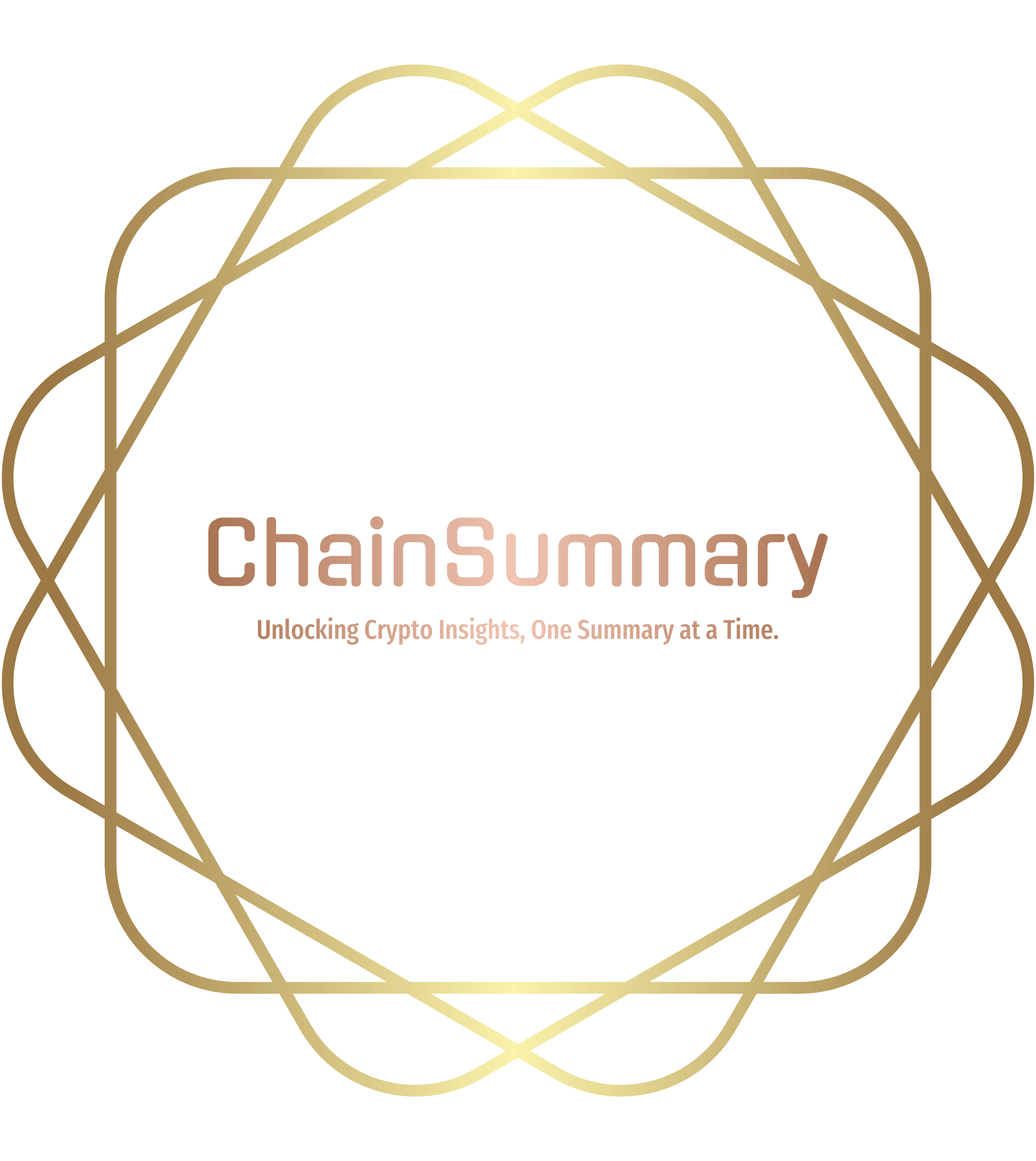Cryptocurrencies are shaped by both political actions, such as regulation and sanctions, and cultural forces like the rise of meme coins and NFTs. Social media and pop culture have fueled crypto’s popularity, while governments continue to explore regulatory frameworks and digital currencies.
Decentralized Finance (DeFi)
DeFi removes intermediaries in financial services, letting users lend, borrow, and trade directly on blockchain platforms like Aave and Uniswap. By leveraging smart contracts, DeFi offers transparency, lower fees, and financial inclusivity, reshaping the global financial system.
Mainstream Adoption of Bitcoin and Ethereum ETFs
Bitcoin and Ethereum ETFs allow traditional investors to gain exposure to crypto without owning the assets directly. These regulated financial products are bringing more institutional and retail investors into the crypto space, signaling a major step toward mainstream adoption of digital currencies.
Privacy Coins
Privacy coins, like Monero and Zcash, protect transaction details by using advanced cryptography. These coins ensure user anonymity and transaction privacy, but face regulatory scrutiny due to concerns over their potential misuse in illegal activities. Privacy coins empower financial autonomy.
Meme Coins on Layer-2 Networks
Meme coins like Dogecoin and Shiba Inu have found a new home on Layer-2 networks such as Base and Arbitrum, which offer lower fees and faster transactions. These platforms enable high-volume trading of speculative tokens, fueling viral market trends while reducing gas costs.
Artificial Intelligence (AI) and Crypto
AI and blockchain are joining forces to enhance data processing, security, and smart contract functionality. Projects like Fetch.ai and SingularityNET enable decentralized AI solutions that improve decision-making in finance, trading, and security, pushing the boundaries of crypto innovation.
Tokenization of Real-World Assets (RWA)
Tokenizing assets like real estate, fine art, and commodities on blockchain allows fractional ownership and easy trading. With platforms like BlackRock and Filecoin embracing tokenization, this innovation is bringing liquidity and democratizing access to traditionally illiquid, high-value assets.
Layer-2 Scaling Solutions
Layer-2 solutions, such as Optimistic Rollups and zk-Rollups, address the scalability issues of major blockchains like Ethereum. By processing transactions off-chain, they reduce fees and congestion, making crypto networks faster and more accessible for decentralized apps (dApps) and DeFi.
DePIN (Decentralized Physical Infrastructure Networks)
DePINs merge blockchain with real-world infrastructure services, like storage, computing, and wireless networks. Projects like Filecoin, Helium, and Render decentralize services traditionally dominated by tech giants, offering cost-effective, resilient alternatives powered by user contributions and crypto incentives.
GameFi (Integration of Gaming and DeFi)
GameFi combines gaming and decentralized finance (DeFi), allowing players to earn cryptocurrency through in-game achievements. Projects like Axie Infinity and The Sandbox let users trade NFTs and earn rewards, transforming gaming into a lucrative and interactive financial ecosystem.

